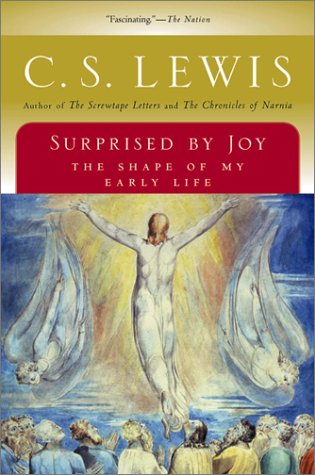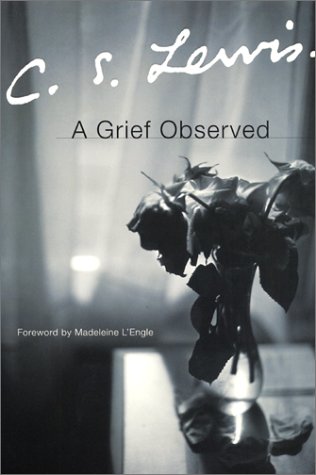Miracles: An important element in the work of Jesus Christ, being not only divine acts, but forming also a part of the divine teaching. Christianity is founded on the greatest of all miracles, the resurrection of our Lord. If that be admitted, other miracles cease to be improbable. Miracles should not be regarded as deviations from the ordinary course of nature so much as manifestations of divine or spiritual power. Some lower law was in each case superseded by the action of a higher. They were intended to be a proof to the Jews that Jesus was the Christ... Many of them were also parabolic and instructive, teaching by means of symbols such divine truths as the result of sin and the cure of sin; the value of faith; the curse of impurity; and the law of love. The miracles of healing also show how the law of love is to deal with the actual facts of life. Miracles were and are a response to faith, and its best encouragement. They were never wrought without prayer, felt need, and faith. It is important to notice the different names by which miracles are described. They are called signs, as being visible tokens of an invisible power; they are powers or mighty works, because they are the acts of One who is almighty; they are simply works, or the natural results of the Messiah’s presence among men; they are wonders, marvels, because of the effect produced on those who saw them... Miracles are a part of the gospel of Jesus Christ. If miracles cease it is because faith has ceased. See Mark 6:5–6;Morm. 9:10–20; Ether 12:12. {emphasis added}
In chapter VII, Lewis seems to espouse the belief that "a miracle is by definition an exception" to the rule by which Nature works, while I believe that they are the superimposition of a higher law of Nature, not an exception. I believe that God works within the laws of Nature and uses his perfect and greater knowledge of said laws to bring about miracles which would otherwise be impossible to produce. Later on Lewis says that the regular processes of nature were, in this particular case [of immaculate conception], being over-ruler or supplemented by something from beyond nature. I would agree with the latter idea - supplementation. Except I believe that God is part of our Universe, and thus not technically "beyond" nature, but rather higher or more advanced than we are here on earth. A miracle as something "contrary to the known order of nature" I can accept, because we obviously do not know everything about nature; however I do not believe that they are actually contrary to the laws of nature. Miracles are something beyond our knowledge, but never beyond God's perfect knowledge of the order of nature.
In chapter VIII Lewis says that "it is therefore inaccurate to define a miracle as something that breaks the laws of Nature. It doesn't... it is one more bit of raw material for the laws to apply to, and they apply... The divine art of miracle is not an art of suspending the pattern to which events conform but of feeding new events into that pattern." I think I agree with this.
In chapter XII Lewis gets to the "rules behind the rules." He compares it to a student learning Latin not being allowed to break certain rules which the great poets like Virgil may break. "A stupid schoolboy might that that the abnormal hexameters in Virgil... were due to incompetence. In reality, of course, every one of them is there for a purpose and breaks the superficial regularity of the metre in obedience to a higher and subtler law." This I definitely agree with. "The gap between God's mind and ours must, on any view, be incalculably greater than the gap between Shakespeare's mind and that of the most peddling critics of the old French school." It reminds me of the verse in Isaiah: "For my thoughts are not your thoughts, neither are your ways my ways, saith the Lord. For as the heavens are higher than the earth, so are my ways higher than your ways, and my thoughts than your thoughts."














No comments:
Post a Comment